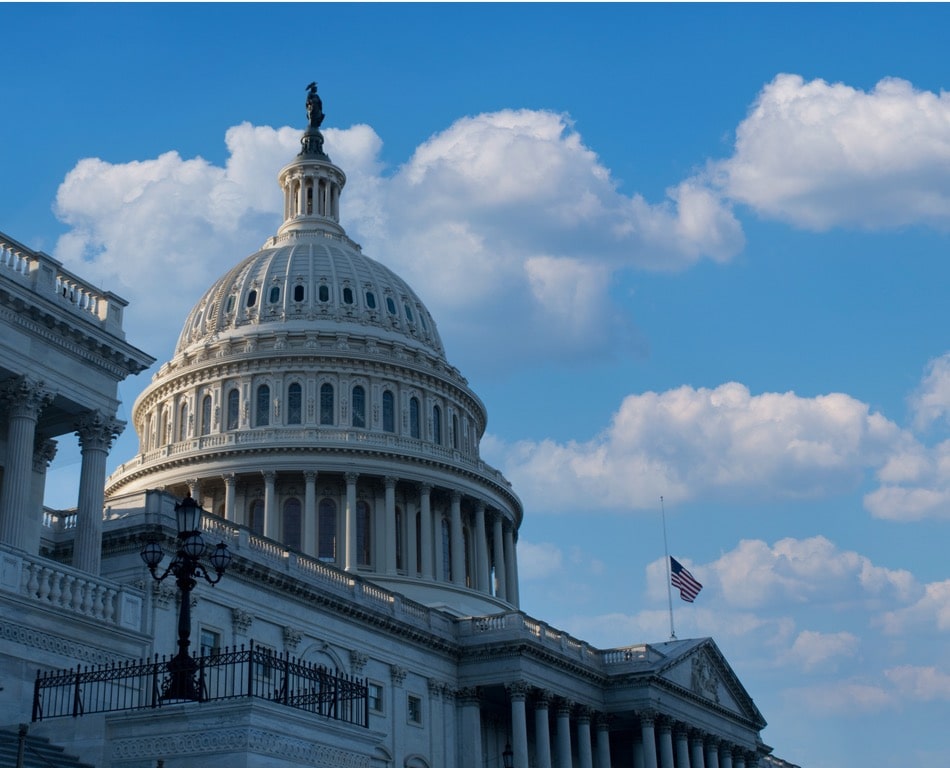A collection of whistleblower advocacy organizations are warning Congress that a bill aimed at bolstering the Crime Victims Fund (CVF) through monies collected via False Claims Act (FCA) settlements may disadvantage whistleblowers.
On April 18, Representative Wagner (R-MO) introduced the Crime Victims Fund Stabilization Act in collaboration with Reps. Nathaniel Moran (R-TX), Debbie Dingell (D-MI), Stephanie Bice (R-OK), and Jim Costa (D-CA). The Act would redirect funds collected through the False Claims Act (FCA) into the Crime Victims Fund (CVF) to address a $600 million cut in funding.
The CVF, established in 1984 to direct monetary penalties entirely from federal criminal prosecutions to state victim assistance programs, is integral in supporting victims of serious crimes. However, the CVF is currently below budget.
The CVF Stabilization Act attempts to solve this budgetary issue by using money obtained in any FCA case to fix the funding problem in the Crime Victims Fund. Currently, the CVF is only funded by recoveries from criminal cases, but this bill would add recoveries from civil FCA cases as an additional funding mechanism, noting that the “amounts necessary to remunerate qui tam plaintiffs” would not be transferred to the Crime Victims Fund.
Whistleblower advocates warn, however, that while at face value this bill may seems like a good thing – it purports to bring in more money for crime victims and to not interfere with whistleblower rewards – the authors of this legislation failed to understand the anti-whistleblower animus of the Department of Justice (DOJ) and have dangerously misprescribed the problem.
In an open letter to several members of Congress, key whistleblower organizations—The Government Accountability Project, National Whistleblower Center, EMPOWR Oversight, The Anti-Fraud Coalition (TAF Coalition), and Whistleblowers of America—expressed their concerns about the bill. “By changing the structure of recoveries, it will cause conflicts of interest and other downstream negative consequences. We are additionally deeply concerned that organizations which protect whistleblowers […] were not consulted during drafting of the bill,” wrote whistleblower advocates in the letter.
Designating all FCA recoveries that remain after the payment of a whistleblower to the Crime Victims Fund, which is managed by the DOJ, further encourages the department to low-ball whistleblowers, advocates claim. They warn that this will disincentivize whistleblowers from reporting FCA cases.
A reduction in FCA whistleblowers will result in less FCA prosecutions by the DOJ, which ultimately means less money from large financial fraud cases available for the CVF. This would compound the current budgetary problems in the Crime Victims Fund, which stem from inadequate enforcement by the DOJ on the kinds of large white collar crime cases that would bring money to the CVF.
Founders of National Whistleblower Center Stephen Kohn and David Colapinto, who respectively serve as Chairman of the Board and General Counsel, released a statement expressing the dangerous implications of the bill that “would incentivize the Department of Justice to further deprive whistleblowers of the maximum percentage of their potential relator’s share…”
“If the DOJ wants more golden eggs (in this case, large financial fraud sanctions), they need to incentivize the goose (the whistleblower). Other agencies, like the SEC, CFTC, and IRS understand this, and their programs work because empirical data shows that this causes more whistleblowers with valuable information to come forward.”
Indeed, data shows that giving whistleblowers an incentive to come forward despite the threat to personal safety is extremely effective in actuating the disclosure of original, high quality information that results in successful prosecutions. Yet advocates warn that, as a result of the Act, the DOJ may further its tendency of low-balling civil FCA whistleblowers, curtailing the amount of cases that get brought forward and thus the amount of funds for the CVF.
The whistleblower community is opposed to the Act as it currently stands, and the relevant organizations are urging the legislators to pause their enactment of the Act. They recognize the need to stabilize and reinforce the Crime Victims Fund, but argue that the conflict of interests created by the proposed bill would derail progress toward whistleblower compensation, and in turn, that of victims.
Further Reading:
False Claims Act Crime Victims Fund Stabilization Act Letter
